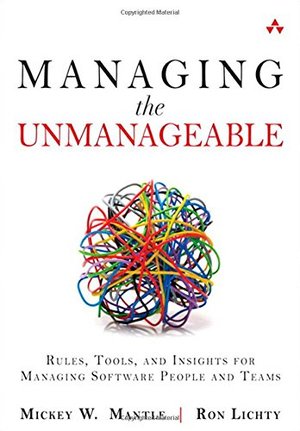We release regular summaries of Expertship reading, reports and research. Subscribe below to receive these updates by email.
Research summary Friday 6 Aug 2021
As a people manager, do you need to develop everyone equally?
You have a limited budget and likely even more limitations on your time to coach and develop. Should you try to spread your budget and time equally across your team? Or should you allocate it to where it will have the greatest impact on the overall performance of your team? We would argue the latter and that your focus should be on your subject matter experts.
By definition, experts need to ensure they are across the latest methods and research in their field. Otherwise, they cease being experts and less able to maximise the value they can bring to your organisation. Experts are also likely to become demotivated if they feel their expertise is falling behind. However, you may also need to gently push your experts towards continually development. It can be easy for them to feel they don’t need to learn because everyone keeps coming to them anyway and they clearly know more than everyone else.
This is clearly dangerous. Research has found psychotherapists with decades of experience can be no better at treating patients than therapists with a few months of training. Other studies find that the longer somebody is in a field, the less of an expert they become.
Recommendations
Fortunately, for the budget-strapped people manager, ongoing real mastery in a field is not learned in a training course. Nor is learned on the job. Expertise requires the deliberate and planned combination of the two, with the intent of being in a continual state of stretch.
Experts also learn best from better experts and in groups with other expert peers. Create opportunities for experts to network and get exposure to people in their field they can learn from and share ideas.
Provide the tools and training to allow experts to monitor trends relating to their field. Then, it is arguably even more important to create opportunities for them to provide insight to leaders as to how those trends may impact the organisation and how it may need to respond.
Ultimately, according to Professor Anders Ericsson in his 900-page opus “The Cambridge Handbook of Expertise and Expert Performance” what matters is not experience per se but “effortful study” outside of training which entails continually tackling challenges that lie just beyond one’s competence. Coaching and mentoring to support the constant pushing of boundaries was found to be almost mandatory.
Expertship research summaries are written by our Chief Research Office Darin Fox.
Subscribe to updates using the form below. You’ll also receive chapter one of our new book, Master Expert: How to achieve peak performance, influence and seniority in a technical role.




